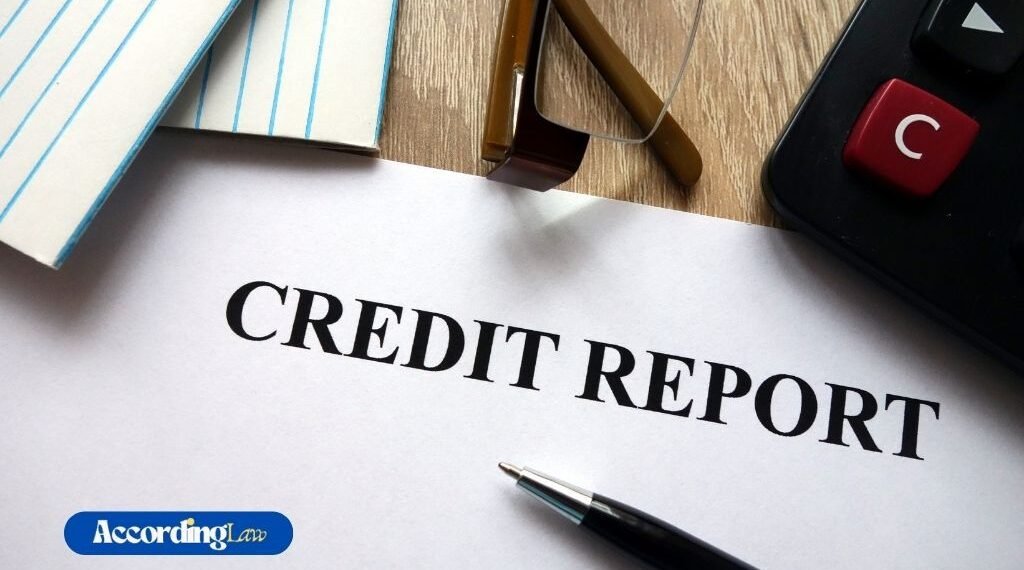In today’s world, your credit statement plays a very important role. You can describe your credit report as a report that proves how good you are with your finances. In fact, it is one of the most important financial tools. It determines what opportunities you get, as insurance companies, landlords, and even employers review it to decide if they can trust you with finances.
Florida, home to over 22 million residents and known for its growing economy and diverse industries, places a strong emphasis on financial security for its people. With so many families, retirees, and working professionals relying on accurate credit information for loans, housing, and everyday opportunities, even a small error on a credit report can cause major disruptions.
Each state has its own regulations under FCRA, which is why understanding the rules of the state you are in is essential. If you’re facing issues with incorrect or unfair reporting, a Florida Fair Credit Act lawyer can guide you through the legal process to correct these mistakes and protect your financial future.
Table of Contents
What Are the Common Credit Report Errors?
A credit report error can occur for a number of reasons, and sometimes it is out of our hands. But sometimes, unnoticed errors in your credit report can make it tougher for you to get loans. But these credit report mistakes are much more common than you realize.
But what people don’t realize is that they have the right to correct any error in their credit report under the Fair Credit Reporting Act. Here are a few of the most common errors to look out for:
Sometimes, all it takes is a small error to affect your financial plans, so it is always better to review your credit report at regular intervals.
When Should You Take Legal Action?
Sometimes, not every error in your credit report requires legal action. A few small errors can easily be resolved with just a dispute with the credit reporting agency. You can start by contacting the three main credit bureaus or the companies that provided the incorrect information. They will usually investigate your case within 30 days.
However, if your dispute is written off, you can always protect your rights by taking the necessary legal actions. Here are a few instances where you may need to escalate the matter:
What Are the Steps to Take Before Filing a Lawsuit?
So, before you head to the court, here are a few steps you should follow.
Final Thoughts
A credit report error is something that can affect yo. While most times it can be resolved with just a dispute, sometimes the only option would be to file a lawsuit. Understanding your rights and documenting the errors will ensure that your credit report errors are taken care of.


